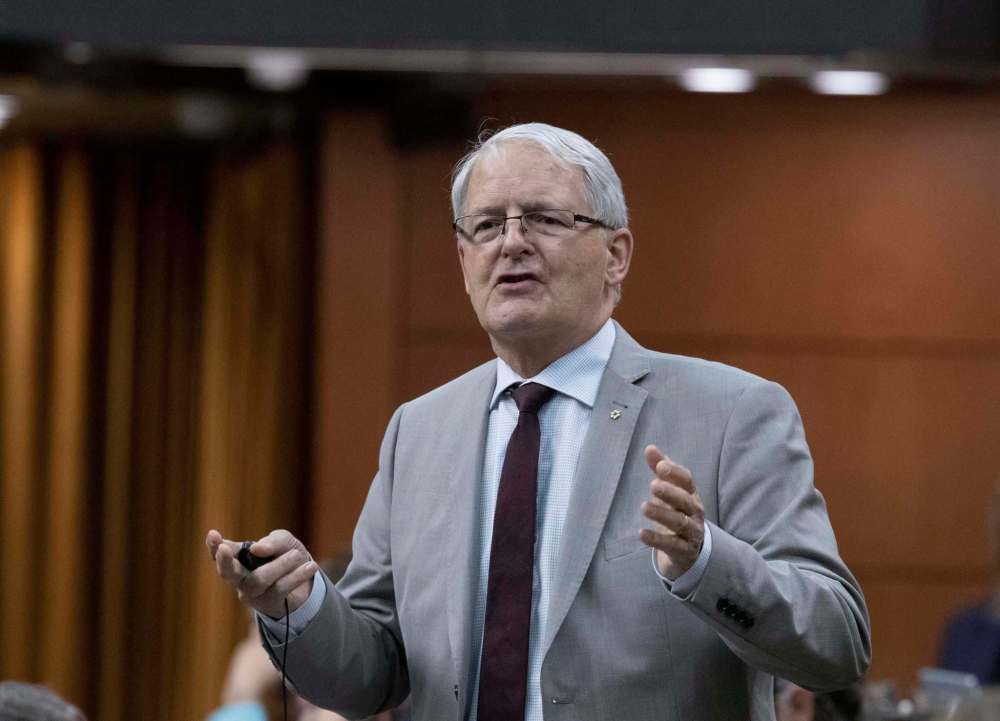Airlines divert passenger rights into court
Read this article for free:
or
Already have an account? Log in here »
To continue reading, please subscribe:
Monthly Digital Subscription
$0 for the first 4 weeks*
- Enjoy unlimited reading on winnipegfreepress.com
- Read the E-Edition, our digital replica newspaper
- Access News Break, our award-winning app
- Play interactive puzzles
*No charge for 4 weeks then price increases to the regular rate of $19.00 plus GST every four weeks. Offer available to new and qualified returning subscribers only. Cancel any time.
Monthly Digital Subscription
$4.75/week*
- Enjoy unlimited reading on winnipegfreepress.com
- Read the E-Edition, our digital replica newspaper
- Access News Break, our award-winning app
- Play interactive puzzles
*Billed as $19 plus GST every four weeks. Cancel any time.
To continue reading, please subscribe:
Add Free Press access to your Brandon Sun subscription for only an additional
$1 for the first 4 weeks*
*Your next subscription payment will increase by $1.00 and you will be charged $16.99 plus GST for four weeks. After four weeks, your payment will increase to $23.99 plus GST every four weeks.
Read unlimited articles for free today:
or
Already have an account? Log in here »
Hey there, time traveller!
This article was published 17/07/2019 (2339 days ago), so information in it may no longer be current.
One would certainly be inclined to agree that it’s disappointing.
But surely, given the history and reputations of the industry and companies involved, nobody can reasonably claim to be surprised.
Federal Transport Minister Marc Garneau said Monday he was both those things — disappointed, and surprised — by legal action launched by Canadian airlines in an effort to nullify the Air Passenger Protection Regulations that took effect this week.

Air Canada, Porter Airlines and 17 other applicants — including the International Air Transport Association, which counts WestJet as a member — have filed a court challenge claiming the mandatory compensation prescribed in the new passenger bill of rights violates international standards and should be deemed invalid.
“We feel that we have done our homework very, very carefully in consultation with the airlines and with other stakeholders,” Mr. Garneau said Monday. “We feel that the passenger rights that we’ve put in place are going to stand up and that they’re very fair to both passengers and to the airlines.”
The document, which Mr. Garneau described last December as “the best passenger rights bill in the world” when it was posted online by the Canadian Transportation Agency with an invitation for public comments, stipulates that passengers will be compensated up to $2,400 for being bumped from a flight, and up to $2,100 for lost or damaged luggage.
The protection regulations also set out standards for the manner in which passengers must be treated if a plane is stranded on the tarmac for an extended period, including the requirement that they be allowed to leave the plane under certain conditions if the delay exceeds three hours.
A second set of passenger-rights regulations, including specified compensation for flight delays and cancellations, is scheduled to take effect in December.
That the airline industry would seek to undermine measures aimed at affording passengers some minimal level of dignified comfort comes as anything but a shock.
The relentless pursuit of profits — through cost cutting, service curtailment, passenger-cabin crowding (and associated leg-room reduction), flight overbooking, checked-baggage fees (and the inevitable carry-on cramming of overhead compartments) and a general disregard for the accumulated discomforts heaped upon the fare-paying public — has long since eliminated any sepia-toned notions of “friendly skies” from the minds of weary travellers.
Even before the court challenge, airlines were mining the new regulations for loopholes that might allow them to evade responsibility. Industry critics were quick to point out that airlines would seek to employ exceptions based on situations “outside of the airline’s control” to avoid paying compensation for delays and cancellations.
For instance, in the second round of regulations slated to take effect in December, airlines are not obliged to compensate passengers if delays or cancellations are caused by mechanical problems discovered in a pre-flight check rather than during scheduled maintenance. One can only wonder how many disruptions will be attributed to such last-minute revelations, as opposed to any of the reasons on the limited list of conditions for which compensation is prescribed.
The pursuit of a legal remedy that will ground the government’s attempt to protect passenger rights is simply the air industry’s logical next step.
Anyone who has ever been carried aloft — probably delayed, and possibly unaccompanied by the luggage entrusted to the gate agent — by one of Canada’s airlines can appreciate Mr. Garneau’s disappointment.
But there’s nothing in this week’s less-than-soaring introduction of passenger-rights protections that constitutes a surprise.










.jpg?h=215)